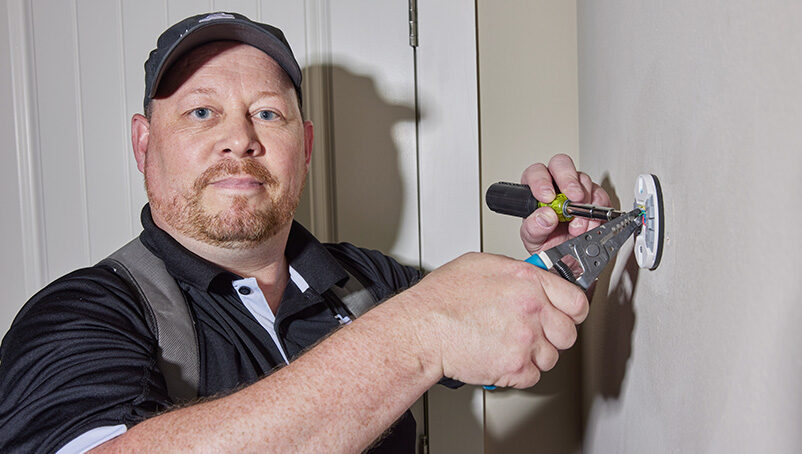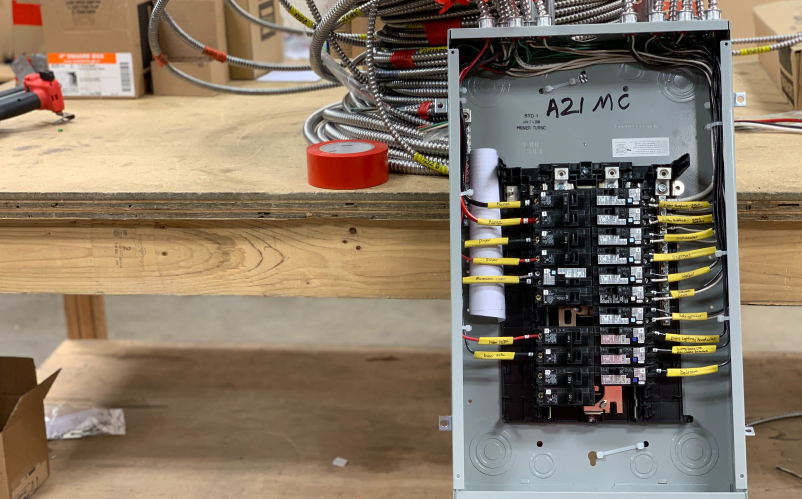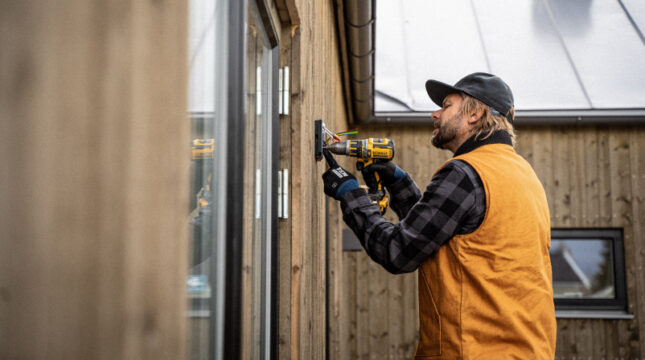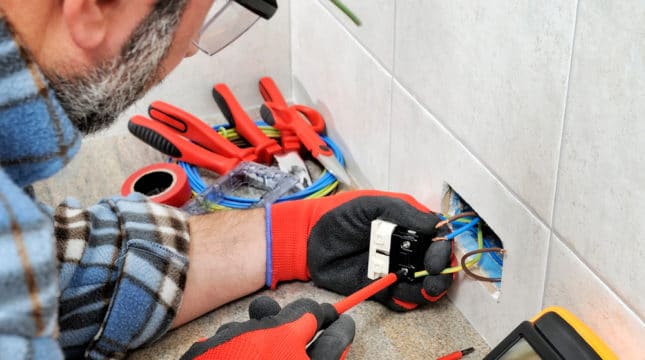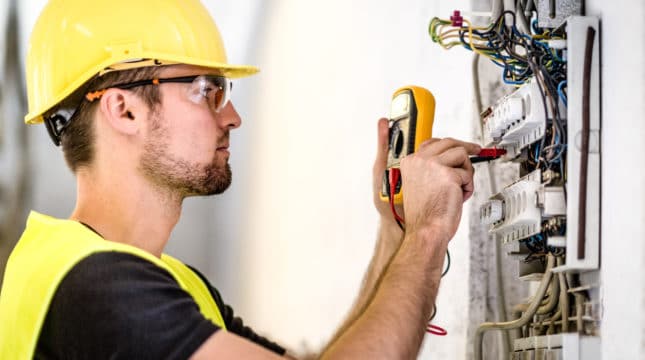Do you need an electrician license in Florida?
You must have a Certified Electrical Contractor license from the Florida Department of Business and Professional Regulation (DOPR) to work as an electrician in this state.
In Florida, an electrical contractor is defined as, “a person who conducts business in the electrical trade field and who has the experience and knowledge to install, repair, alter, add to or design electrical wiring, fixtures, appliances, apparatus, raceways and conduit, including the electrical installations and systems within plants and substations and all alarm systems and specialty categories.”
How to get an electrician license in Florida
To get your license, submit a Florida electrician license application to the DOPR and pass the two-part exam.
1. Submit your application
You may apply online or print an application and submit it by mail. Include payment for the non-refundable fee with your completed application.
2. Take the licensing exam
You can schedule the licensing exam within 72 hours of your application approval. You must pay the fee directly to the test vendor to sign up.
The electrician licensing exam consists of two parts:
- Business section: 50 questions, 2.5 hours
- Technical/safety section: 100 questions, 5 hours
The exam is administered through a computer-based testing format. Study guides are available online, and you may bring approved reference materials to the testing site. You’ll receive your results immediately following the completion of your exam.
You must score at least 75% on both parts of the test to pass.
Florida electrician license requirements
To earn an electrician license, Florida residents must provide proof of their work experience, demonstrate financial responsibility and submit a criminal history disclosure.
Various factors may affect the time it takes to process individual applications, including the time it takes to review your financial documentation and criminal history. Applicants may check the status of their application at any time by visiting MyFloridaLicense.
1. Work experience
Applicants must meet one of the following work experience requirements:
- Three years as a licensed electrical professional engineer
- Three years of management experience in the trade
- Three years of experience as a foreman, supervisor or contractor in the trade
- Four years of experience as a supervisor in electrical work in the U.S. Armed Forces
- Six years of comprehensive training, technical education or broad experience associated with an electrical contracting business
- Six years of technical experience in electrical work with the Armed Forces or a governmental entity
- A combination of the above qualifications totaling six years of experience
You must submit W2 forms and employment verification forms signed by your employers. To qualify for licensure, at least 40% of the required work experience must be in three-phase services.
2. Financial documentation
You must demonstrate financial responsibility by submitting a personal financial statement or credit report. Issues like delinquent accounts, collection accounts, unpaid liens or judgments must be reviewed before your application is approved.
3. Criminal history
You must disclose any criminal history on your application, which will be reviewed before your application is approved or denied.
